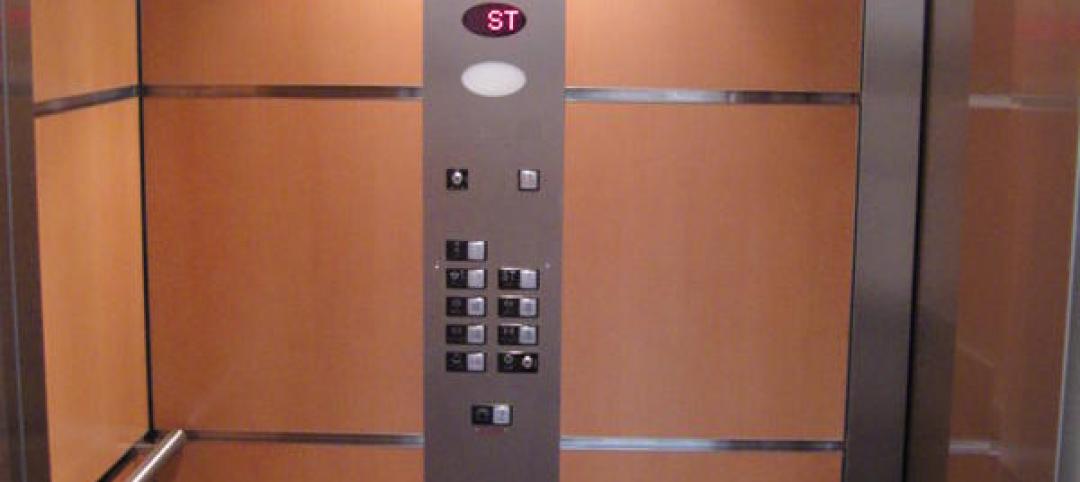The International Code Council (ICC) is revising its code development process to provide more in-depth scrutiny of code change proposals.
The changes will take effect in 2024-2026 for the development of the 2027 International Codes (I-Codes). They will move the development process to an integrated and continuous three-year cycle.
In the new timeline, the first year will include two Committee Action Hearings for Group A Codes; year two will include two Committee Action Hearings for Group B Codes; and year three will be the joint Public Comment Hearings and Online Governmental Consensus Vote for both Group A and B Codes.
“The addition of the second Committee Actions Hearings in year one and two will foster a more in-depth vetting of code change proposals, allowing an opportunity for the committee members to review and evaluate the original proposals and consider the submitted responses,” according to an ICC news release. “This also provides more opportunity for proponents to build consensus for their code change proposal and ensure the best version of their intended improvement to the existing codes.”
With combined Public Comment Hearings in the third year, voting members will be able to vote on all suggested changes to the next edition of the I-Codes at one time, the release says. The updated process also provides more opportunity for proposed new referenced standards to be developed and finalized on a consistent timeline regardless of the group (Group A or B) with which they are associated.
Related Stories
| May 3, 2012
Green-roof requirement now includes industrial facilities in Toronto
A mandate that requires installation of green roofs on new commercial and residential buildings in Toronto has been expanded to include industrial facilities.
| May 3, 2012
Innovative wastewater treatment helps achieve LEED rating
LEED for New Construction, Neighborhood Development and the LEED Volume Program offer some ways to achieve LEED points when dealing with wastewater treatment.
| Apr 26, 2012
Lack of bolts on steel support caused collapse at Cincinnati casino
Too few bolts connecting horizontal steel support beams with vertical steel columns was the cause of January’s construction accident at Horseshoe Casino Cincinnati, according to the report of the Occupational Safety and Health Administration.
| Apr 26, 2012
OSHA criticized for taking too long to roll out safety rules
The Occupational Safety and Health Administration takes far too long to adopt new safety regulations compared to other agencies’ development of rules, safety experts said during a Senate hearing.
| Apr 26, 2012
Contractors fear that GSA scandal will lead to fewer federal construction contracts
In the wake of the recent scandal at the General Services Administration in which workers spent lavishly at a Las Vegas conference, a spokesman for Associated General Contractors of America said contractors are worried the scandal will result in cuts to GSA's construction and renovation budgets.
| Apr 26, 2012
Developers can use LEED wastewater credits to help gain approvals in environmentally sensitive locales
Those wanting to pursue development in heavily regulated and environmentally sensitive areas are benefiting by designing projects that qualify for LEED points, even if the project as a whole does not achieve certification.
| Apr 26, 2012
New York City Council moves to license elevator mechanics
New York’s City Council introduced a measure last week that would require the city’s 7,000 elevator mechanics to meet national standards and be licensed by the city.
| Apr 23, 2012
AAMA releases updated specification for anodized aluminum
AAMA 611-12 describes test procedures and requirements for high performance (Class I) and commercial (Class II) architectural quality aluminum oxide coatings applied to aluminum extrusions and panels for architectural products.















